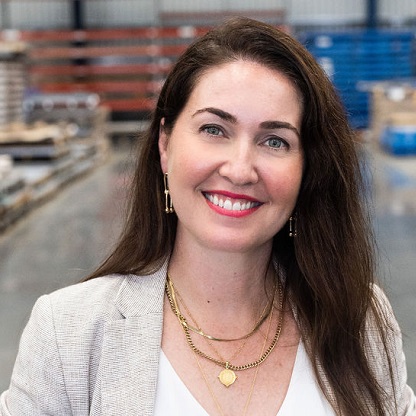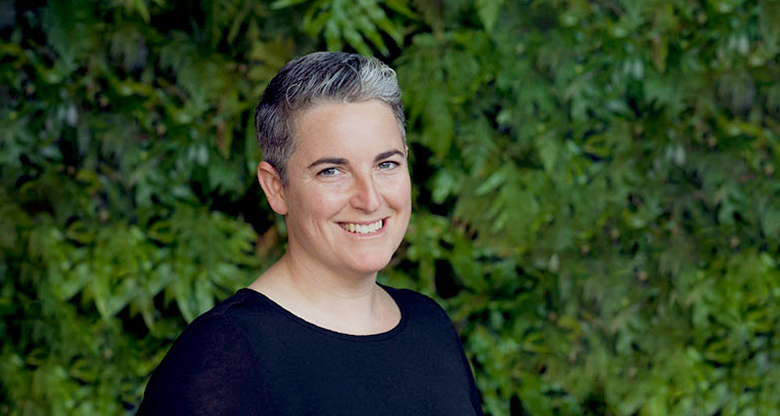Accounting firms have played a pivotal role in helping Australian businesses navigate a complex operating and financial environment during the pandemic. While client expectations around value, speed and expertise were already evolving rapidly pre-pandemic, the pace of change has picked up.
Like their clients, many accounting firms have faced down the disruptive threat of the pandemic and are benefitting from an uplift in broader economic activity. As a result, CommBank’s 2021 Accounting Market Pulse report shows that confidence among accounting firms has sharply rebounded, substantially outpacing their expectations back in mid-2020. Firms also believe conditions will further improve over the next 12-24 months.
While optimism has returned to the accounting sector overall, some firms are better placed than others to capture growth opportunities as the economic recovery gains momentum. These are the firms that may have better managed the impact of the pandemic and whose investments in people, culture and technology have underpinned performance.
CommBank’s Head of Professional Services, Belinda Hegarty, says that an uplift in cash flow across the economy is helping to drive demand for accounting firms, and that a growth orientation has returned after strategies were put on hold last year.
“Businesses are again looking further out and setting strategies to determine what they need to achieve their growth objectives, whether organically or through M&A activity.”
“From here, the firms that will pull ahead of the rest will be those with really clear strategies about the core industries and core clients they are targeting particularly in an environment where the supply of good talent is constrained, and demand from clients is strong.”
Leading the recovery
To better understand which firms were likely to be poised to accelerate growth plans, the CommBank Accounting Market Pulse examined five criteria, including stable or growing year-on-year profit, maintaining cash flow, managing staff utilisation, adapting to remote work and digital delivery of services, and firms’ ability to compete with other firms.
The research found that half of the 42 firms participating in this year’s survey met all five criteria, suggesting they are better positioned to capitalise on more positive business conditions and capture growth opportunities. These are categorised as leading firms.
But while close to nine in 10 firms reported steady or rising profits, with an average forecast of 4.4% growth in the current financial year compared to the last, fewer could also claim that working remotely and delivering services digitally was easy.
The leading firms also have more ambitious hiring intentions that is fuelling the ongoing war for talent across the industry. They are looking to expand their teams across all roles except secretarial and administrative staff in the next 12 months, and are implementing a number of talent acquisition and retention strategies.
This is echoed by Belinda, who says that “when I talk to clients, the number one theme is their ability to attract and retain good quality staff. The pre-existing talent shortage has been exacerbated by the inability to bring in internationally based experts. That’s typically an important contributor to firms’ talent pools.”
“Demand has surged, so the bigger firms are looking at where their talent comes from, focusing on mid-sized firms and outside the industry. The firms that downsized during the pandemic have now rebuilt their workforce to pre-pandemic levels.”
Culture under the microscope
Despite a return to the office for many teams, flexible working remains crucial to firms’ talent acquisition and retention strategies. However, following the period of remote work, the research shows that ensuring employees are connected and motivated has emerged as a new challenge.
According to the research, firms’ engagement and development activities have declined moderately from 2020, with mental health being one of the few areas where firms haven’t cut back. Leading firms, however, are more likely to be undertaking a range of initiatives designed to motivate and reward staff.
The leading firms are offering learning and development programs from mentoring to formal education, as well as value-based incentives and career development opportunities such as internal secondments. As a result, they are less likely to report that staff motivation is a challenge.
“Given the value being placed on talent right now, we are seeing leading firms focus more on maintaining a strong culture,” Belinda says. “That is one way to keep their teams motivated and engaged, so developing a competitive edge.”
“Particularly given that the workforce went through a lot last year, initiatives including a focus on mental as well as physical wellbeing, are likely to be high on the agenda. These initiatives create a virtuous circle that attracts people to the firm.”
As demand drives a stronger sense of optimism in the accounting sector and firms again turn their attention to strategy, there are significant growth opportunities. While the firms that appear better placed to capture these are focusing on building quality teams and looking after their people, fostering client relationships is equally important.
“It is a fabulous time to be forging strong, sustainable relationships with clients as firms guide them through a market that is still very uncertain. Firms can grow with their clients no matter their size, and that means planning ahead over a three- or five-year horizon, not just focussing on the short term.”
Sign up to the Women in Focus newsletter for updates on our community and events, and more content like this.







